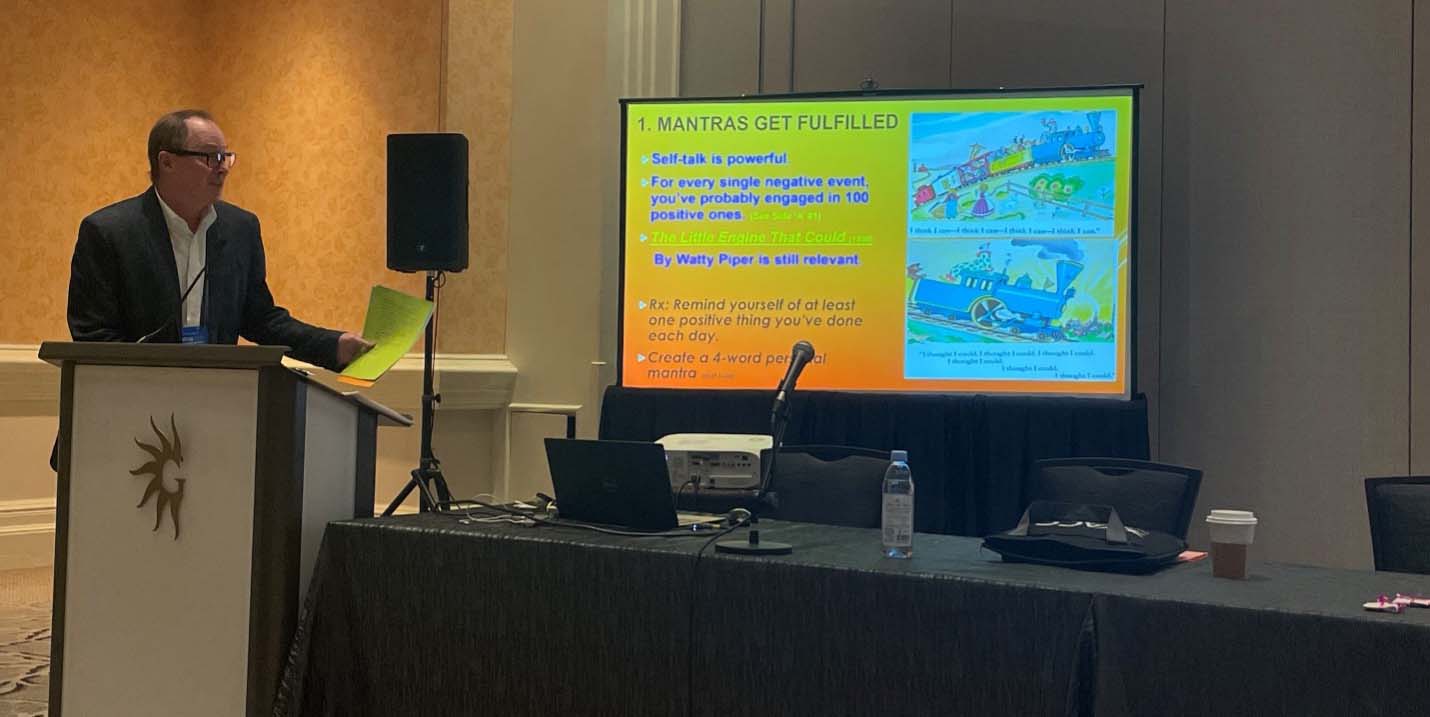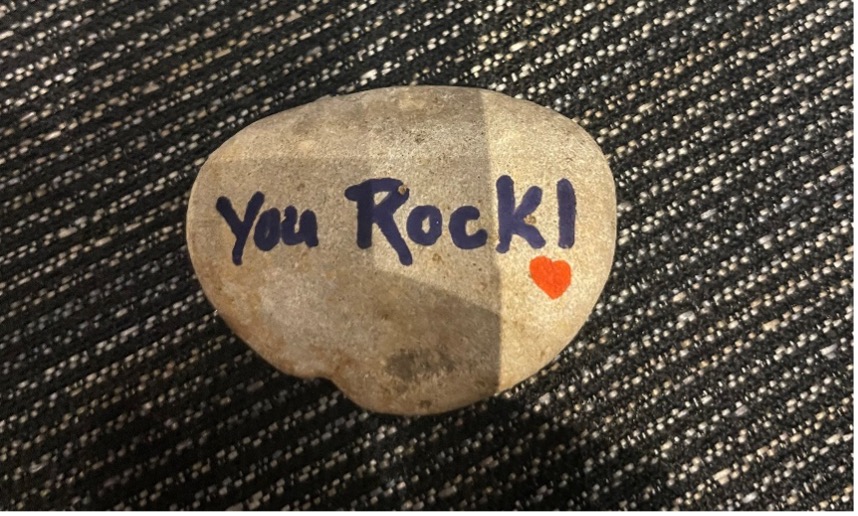College Board Forum 2022
Counseling the Counselor: 11 Ways to Reduce Stress and Increase Effectiveness

It’s important to remember the pandemic affected many within schools. While it’s critical for students to be provided resources and help, the counselors providing that care tend to get overlooked.
Counselors, like lifesavers, have to be able to save themselves before they can save others.
Stephen Polk, Guidance and Counseling Coordinator, Pflugerville Independent School District
Stephen Polk, the guidance and counseling coordinator for Pflugerville Independent School District, spoke on the importance of combating the draining effects of a high-stress job with 11 practical tips for the counseling profession:
- Create a personal mantra—there is so much power in self-talk.
- Remember that counseling is a team sport, so support one another.
- Eat, breathe, exercise, laugh, sleep, repeat.
- Don’t be an on-call “doctor,” which can lead to burnout.
- Call for backup. It’s OK that you can’t handle everything.
- Don’t overshare. Be cautious on social media.
- No trespassing! Set limits. Being too available can interfere with your life outside of work.
- Take time off. Give yourself something to look forward to.
- Be prepared. Being organized will decrease your anxiety.
- Colleagues are not your clients. Instead, guide them to the right resources if they need help.
- Laughter is the best medicine. An easy, free way to decrease stress hormones and trigger endorphins.
After counselors heard best practices they can use on themselves, attendees played a postsession interactive game to bring some laughter into the room. Participants left the session with a prize to remind them their work does not go unnoticed.
You provide a lot to others. Do not forget how powerful your help is, and share some of that with yourself.
Stephen Polk, Guidance and Counseling Coordinator, Pflugerville Independent School District
